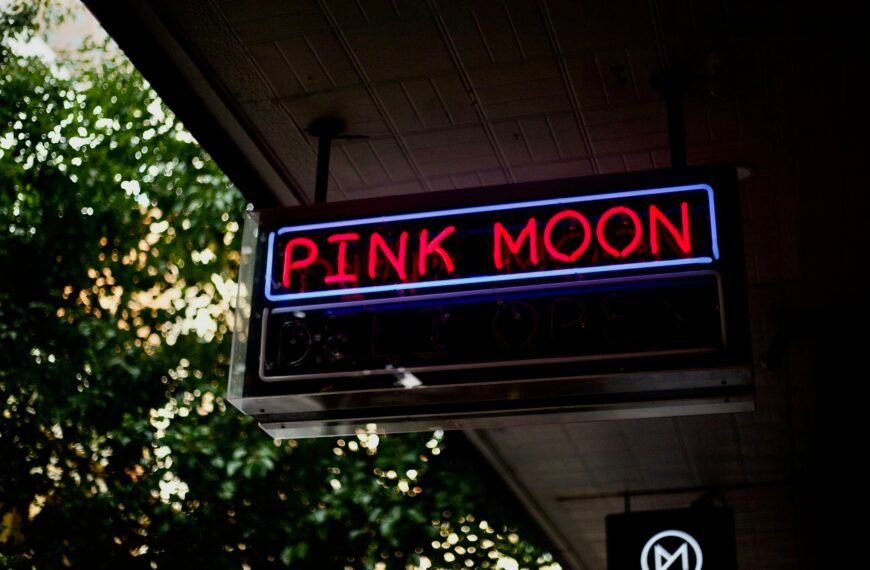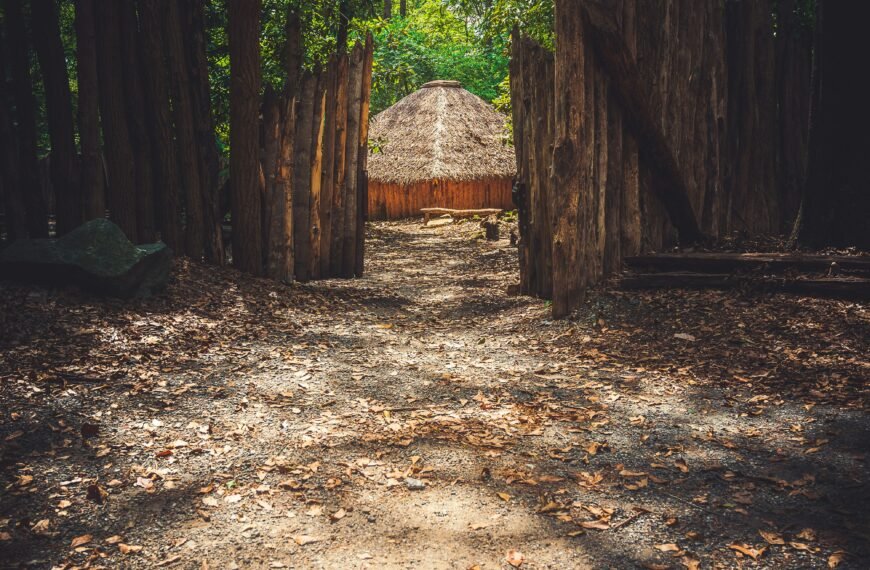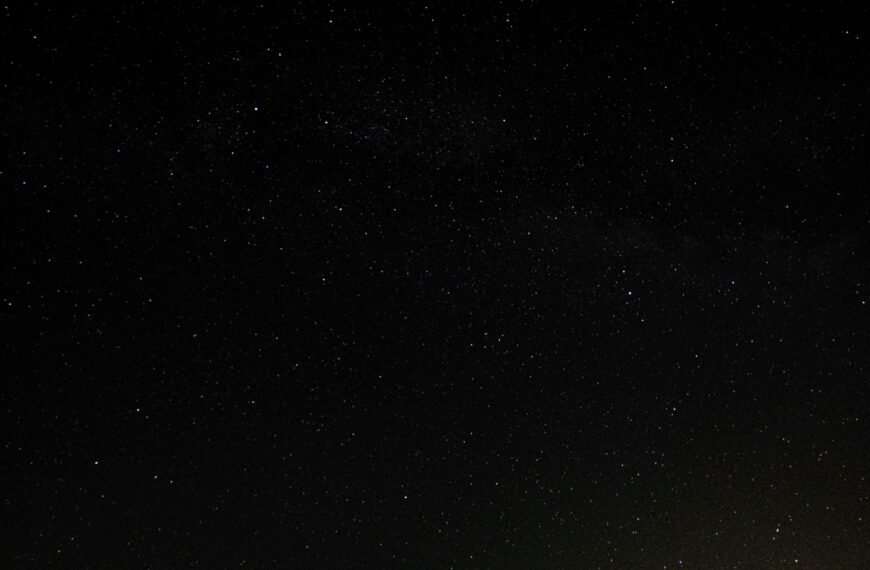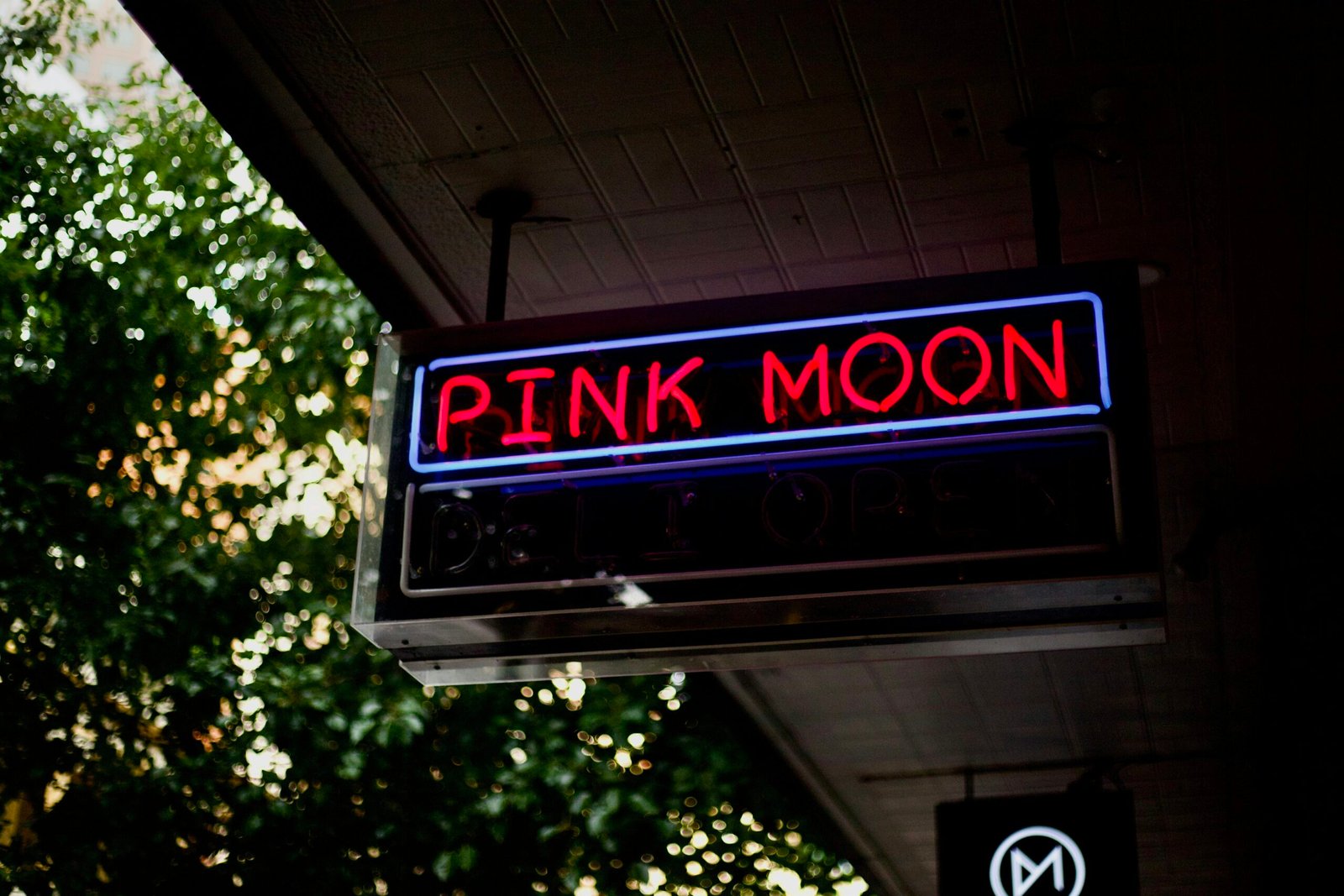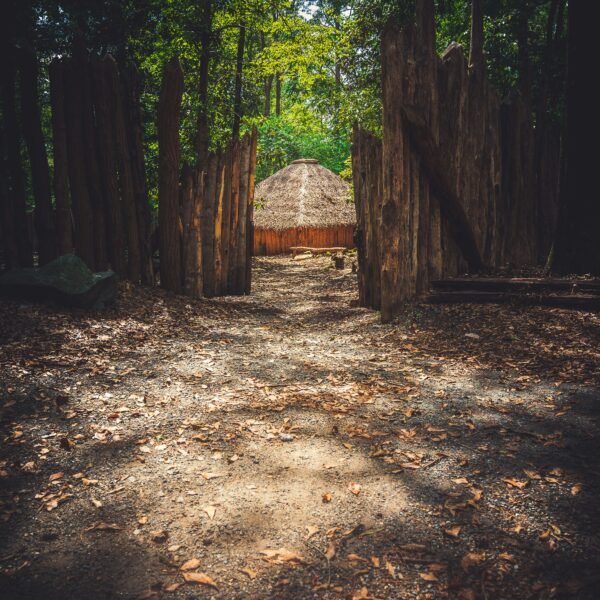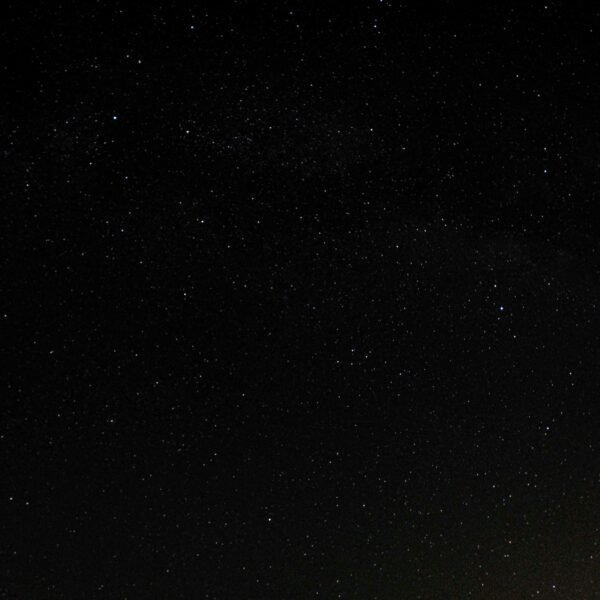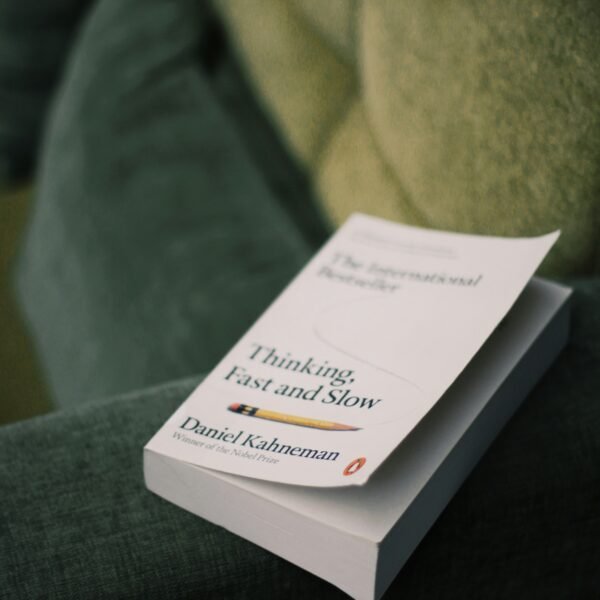In the article “Berlin’s Artistic Freedom Under Threat Amidst Gaza Conflict,” the vibrant arts scene in Berlin is explored as it grapples with the impact of the Israel-Hamas conflict. From rescinded prizes to canceled conferences, artists find themselves unsure of their welcome as government officials suggest tying funding to their views on the conflict. A climate of fear and recrimination has put Berlin’s status as an international cultural capital at risk. Through personal anecdotes and examples, the article sheds light on the challenges faced by artists and the changing landscape of artistic freedom in Berlin.
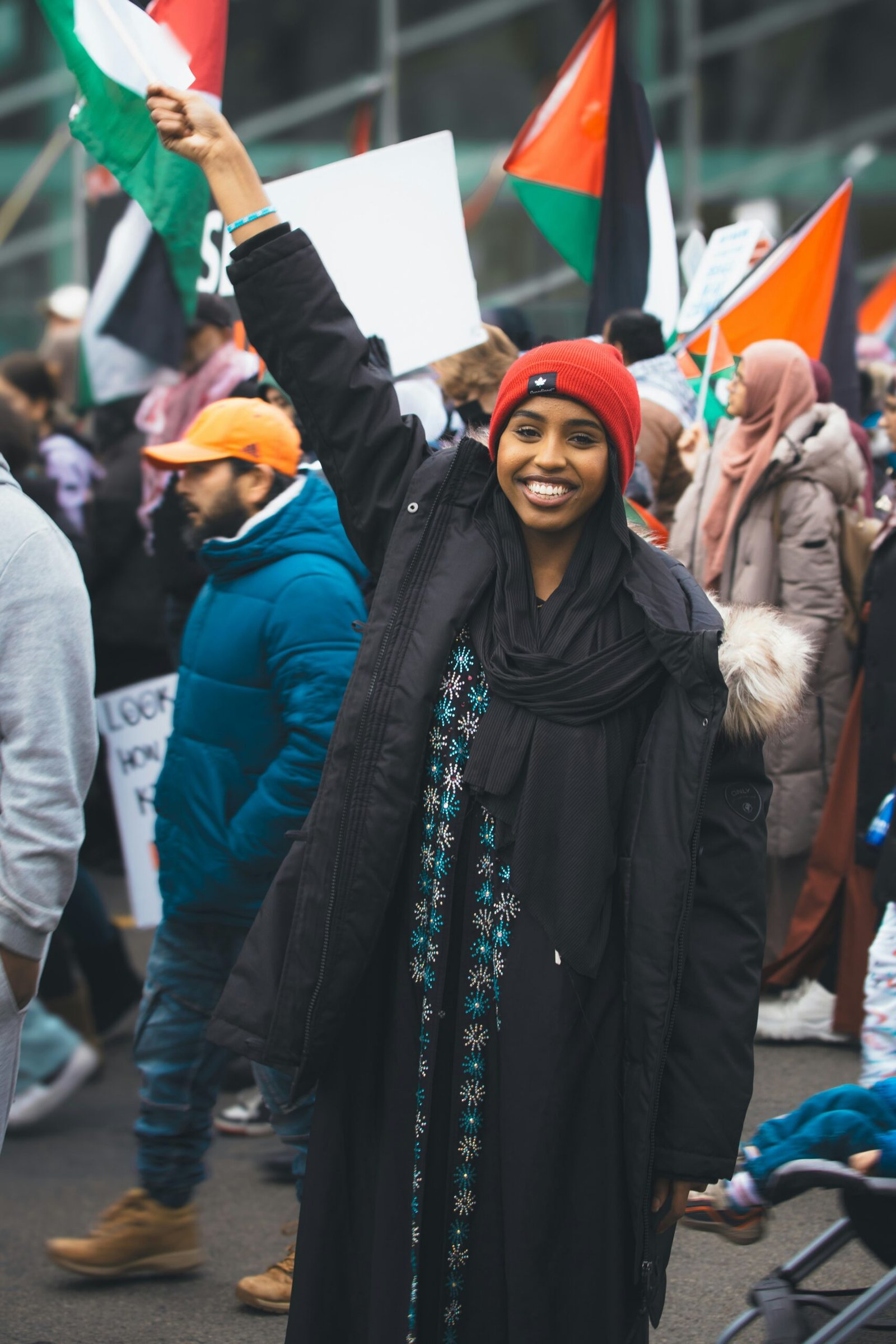
Background
Berlin’s history as a beacon of artistic freedom
Berlin has long been celebrated as a hub of artistic freedom and creativity. Artists from around the world have flocked to the German capital to express themselves and push boundaries in their art. The city has provided a supportive and nurturing environment for artists, with state-supported art institutions and museums providing platforms for their work. Berlin’s vibrant art scene has flourished, attracting both emerging talents and established artists.
The impact of the Gaza conflict on Berlin’s art scene
However, the recent conflict in Gaza between Israel and Hamas has sent shockwaves through Berlin’s art scene. The war has ignited intense debates about the Israeli-Palestinian conflict and has resulted in a series of controversies and acts of censorship within the city. Artists and cultural institutions have found themselves caught in the middle, navigating a complex and contentious landscape where political stances have significant consequences.
Controversies and Censorship
Prizes being rescinded
In the wake of the Gaza conflict, several prizes that were previously awarded to artists have been rescinded. The controversies surrounding the conflict have led organizations and institutions to reconsider their associations with artists who have expressed opinions deemed controversial or politically charged. This has created a chilling effect on artistic expression and has raised questions about the role of art in political discourse.
Cancelled conferences and plays
In addition to prizes being rescinded, conferences and plays have been cancelled due to their association with the Gaza conflict. The fear of backlash and controversy has led event organizers to err on the side of caution, foregoing opportunities for intellectual exchange and artistic exploration. This censorship not only stifles creative expression but also undermines the ability of artists to engage in meaningful dialogue about important issues.
Government officials linking funding to political stances
Government officials in Berlin have also made controversial statements suggesting that funding for artists and cultural institutions should be tied to their political stances on the Israeli-Palestinian conflict. This has raised concerns about the independence and autonomy of artistic expression, as artists may feel compelled to self-censor in order to secure funding. The politicization of cultural funding poses a significant threat to artistic freedom and the diversity of voices in Berlin’s art scene.
Public denunciations in media and social media
The advent of social media has amplified the controversies surrounding the Gaza conflict in Berlin’s art scene. Artists and cultural figures have faced public denunciations and online harassment for their perceived political affiliations or expressions of solidarity. The toxic climate of public discourse has made it increasingly difficult for artists to freely express their opinions without fear of retribution or backlash.
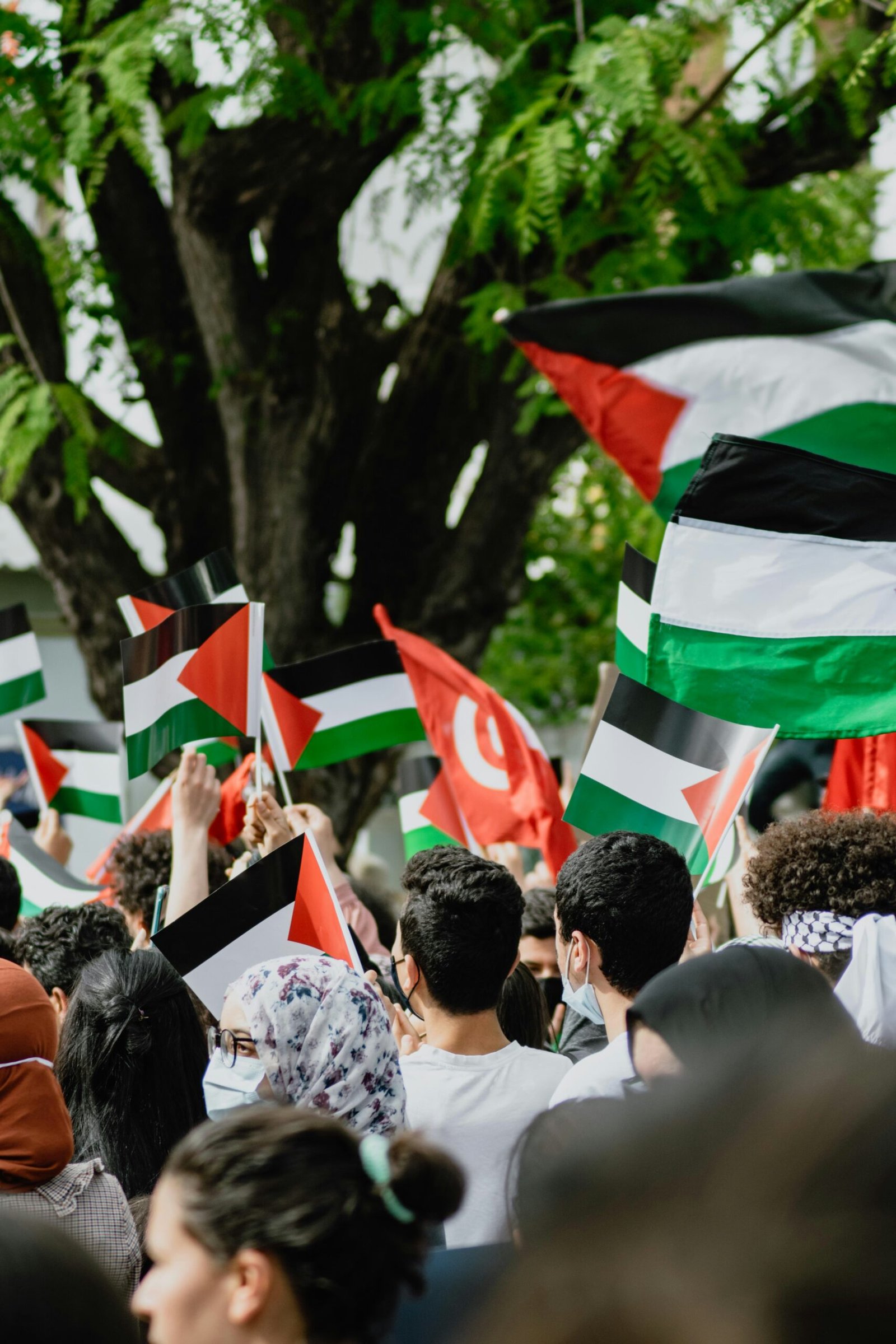
Counter-Boycotts
Artists and institutions responding with counter-boycotts
As a response to the controversies and acts of censorship, artists and cultural institutions in Berlin have initiated counter-boycotts. These counter-boycotts aim to demonstrate solidarity with artists and institutions that have been targeted due to their political stances. By refusing to participate in events or collaborations that promote censorship or infringe on artistic freedom, these artists and institutions hope to create an alternative space that values diversity of thought and expression.
The impact of counter-boycotts on the art scene
Counter-boycotts have had a significant impact on Berlin’s art scene, creating divisions and tensions among artists and cultural institutions. While some perceive counter-boycotts as an act of resistance and solidarity, others argue that they further polarize the already contentious discourse. The climate of fear and recrimination has intensified, threatening the vibrant and inclusive nature of Berlin’s art scene.
Climate of Fear and Recrimination
The atmosphere of fear and self-censorship among artists
In the aftermath of the Gaza conflict, an atmosphere of fear and self-censorship has permeated Berlin’s art scene. Artists who express opinions that may be deemed controversial or politically incorrect are hesitant to do so for fear of backlash or reputational damage. This self-censorship stifles creativity and undermines the principles of artistic freedom that Berlin has long championed.
The effect on freedom of expression and creativity
The climate of fear and self-censorship has had a detrimental effect on freedom of expression and creativity in Berlin. Artists are less willing to take risks and explore provocative themes or ideas, fearing that they may be targeted or ostracized. This cautious approach limits the diversity of artistic voices and hampers the growth and innovation of the art scene.
The risk to Berlin’s status as an international cultural capital
The controversies and acts of censorship surrounding the Gaza conflict pose a significant risk to Berlin’s status as an international cultural capital. The city’s reputation as a haven for artistic freedom and creativity is being undermined by the politicization of art and the stifling of dissenting voices. If Berlin continues down this path, it may lose its appeal to artists and cultural figures who value unfettered artistic expression.
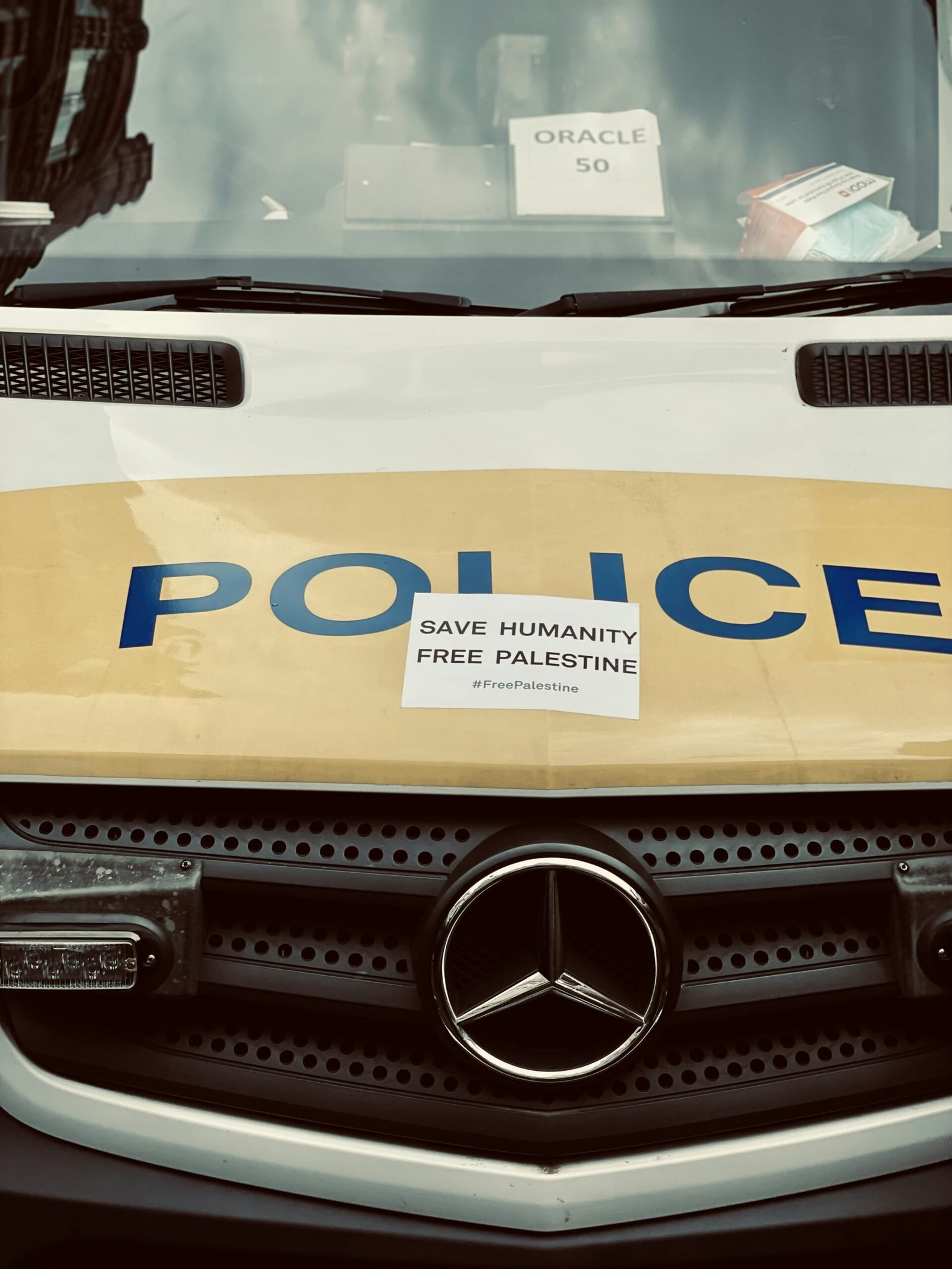
Artist Experiences
Laurie Anderson’s withdrawal from a guest professorship
The withdrawal of musician Laurie Anderson from a guest professorship exemplifies the challenges faced by artists in Berlin. Anderson, a respected and influential artist, chose to withdraw from her position after her name was associated with a controversial statement regarding the Israeli-Palestinian conflict. Her withdrawal highlights the impact of the climate of fear and controversy on artists’ decisions and their willingness to engage with institutions that may impose ideological constraints.
Stories of other artists uncertain of their welcome in Berlin
Anderson is not alone in her uncertainty about her welcome in Berlin. Many artists and cultural figures have expressed their concerns about the growing climate of fear and self-censorship. Stories abound of artists questioning whether their artistic expressions or political opinions align with the perceived norms and expectations of Berlin’s art scene. This uncertainty has created a chilling effect on artistic expression and has altered the dynamics of creative collaboration and discourse.
The Role of Cultural Funding
The connection between funding and political stances
Berlin’s art scene is significantly reliant on cultural funding from the government and other institutions. As the controversies surrounding the Gaza conflict have demonstrated, funding can be tied to an artist’s or institution’s political stances. This has raised important questions about the independence and autonomy of artistic expression. Artists may feel pressured to conform to certain political narratives in order to secure funding, compromising their artistic integrity and freedom of expression.
Debates and discussions surrounding cultural funding policies
The politicization of cultural funding has sparked debates and discussions about the need for transparency and accountability in funding policies. Artists, cultural institutions, and government officials are engaging in dialogue to address the challenges posed by the intersection of art and politics. Finding a balance between financial support and artistic freedom is crucial to preserving Berlin’s reputation as an international cultural capital.
International Solidarity
Protests and marches in support of Gaza
The Gaza conflict has not only sparked controversies and acts of censorship within Berlin’s art scene but has also mobilized international solidarity movements. Protests and marches in support of Gaza have taken place in Berlin, attracting diverse voices and perspectives. These demonstrations aim to raise awareness about the plight of Palestinians and to challenge the perceived biases in the discourse surrounding the Israeli-Palestinian conflict.
Protests and marches in support of Israel
In addition to solidarity movements supporting Gaza, protests and marches in support of Israel have also taken place in Berlin. These demonstrations seek to amplify the Israeli perspective and highlight the complexities of the conflict. The presence of both pro-Gaza and pro-Israel demonstrations reflects the diverse and multifaceted nature of the art scene in Berlin.
Impact on Diversity and Inclusion
The effect on artists from marginalized communities
The controversies surrounding the Gaza conflict have disproportionately affected artists from marginalized communities. These artists may face heightened scrutiny and backlash for expressing opinions that deviate from the dominant narratives. The stifling of voices from marginalized communities undermines the principles of diversity and inclusion that are essential to a vibrant and representative art scene.
The importance of diverse voices in the art scene
Berlin’s art scene has thrived on the diversity of voices and perspectives it encompasses. The inclusion of artists from marginalized communities has enriched the cultural fabric of the city and has contributed to its reputation as a beacon of artistic freedom. Upholding and promoting the inclusion of diverse voices is crucial to preserving the vibrancy and integrity of Berlin’s art scene.
Art as Resistance
How artists are using their work to resist censorship and promote freedom of expression
In the face of censorship and controversies, artists in Berlin are using their work as a form of resistance. They are pushing back against the stifling of artistic expression and promoting freedom of thought and dialogue. Through their art, these artists challenge dominant narratives, provoke thought, and encourage viewers to engage critically with complex issues. Art acts as a powerful tool for resistance and a catalyst for change.
The power of art to provoke thought and encourage dialogue
Art has the power to transcend language and cultural barriers, allowing for nuanced and reflective engagement with important issues. In the context of the controversies surrounding the Gaza conflict, art has the potential to prompt critical dialogue and bridge divides. By creating spaces for reflection and debate, art can serve as a catalyst for understanding and empathy, fostering a more inclusive and informed society.
Finding a Path Forward
Exploring ways to protect artistic freedom in Berlin
To protect artistic freedom in Berlin, it is essential to engage in dialogue and collective action. Artists, cultural institutions, and government officials must work together to establish clear guidelines and policies that safeguard the integrity and autonomy of artistic expression. This includes advocating for transparency in cultural funding, fostering an inclusive environment that values diverse voices, and resisting censorship and acts of retribution.
Promoting dialogue and understanding through art
Art can play a pivotal role in promoting dialogue and understanding. By supporting and facilitating artistic collaborations, exhibitions, and performances that bring together diverse perspectives, Berlin can foster a climate of inclusivity and dialogue. The arts have the potential to break down barriers, challenge preconceptions, and build bridges of understanding, ultimately contributing to a more harmonious and tolerant society.

